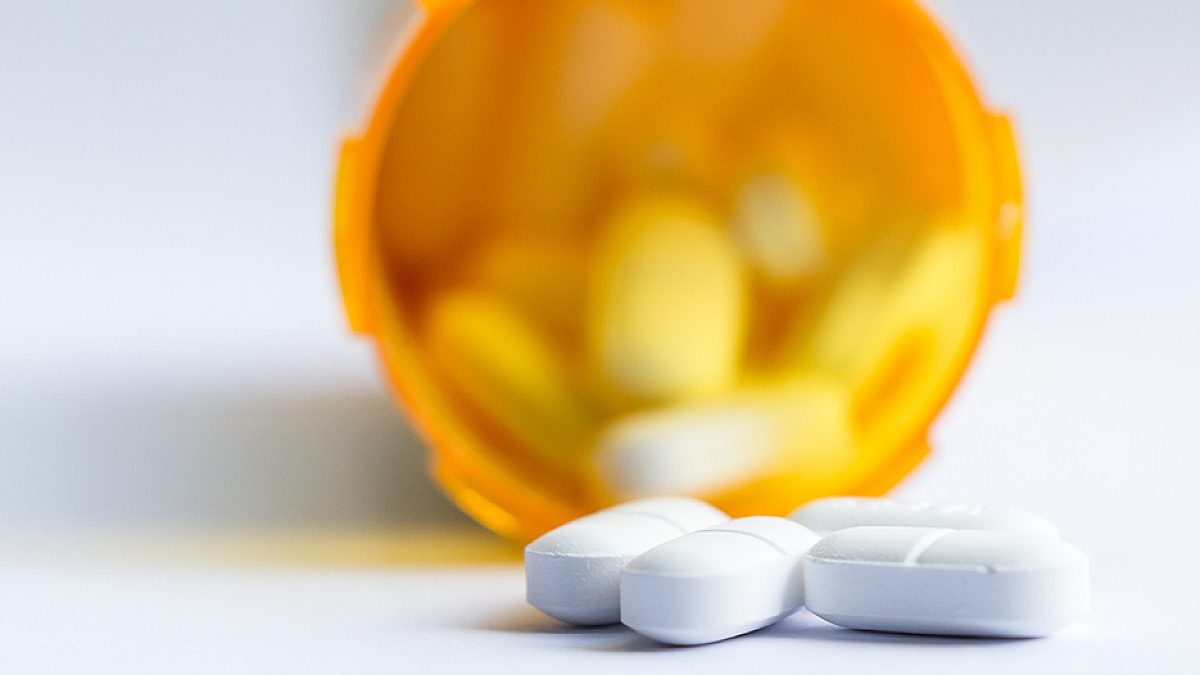Honest Conversations about Opioids Can Save Lives
TOPICS
Opioid AddictionGuest Author
Special Contributor to FB.org

photo credit: Getty
Guest Author
Special Contributor to FB.org
By Matt Niswander @niswanderfarms
Every week in our country, the equivalent of two jumbo jets full of people die from a preventable opioid epidemic, and those deaths are often rising the fastest in farm country.
For the last 15 years I have worked in the healthcare field in rural America, from the emergency room to my hometown primary care. One thing I have seen is that anyone can become addicted to opioids that are prescribed legally for a legitimate injury. It only takes three days to become addicted and for your body to crave the euphoria that opioids produce. If you think you are immune to the possibility of addiction, you’re wrong.
It only takes three days to become addicted and for your body to crave the euphoria that opioids produce.
I often have people come into my medical office complaining of real pain, and they know a pain pill will help them get back to work. These are not stereotypical drug addicts or pill-seeking patients. They are blue- and white-collar workers, and farmers and ranchers, who know that there is medicine that makes the pain better. They don’t realize that the opioids they say they want have the same euphoric and addiction effect on their body chemically as heroin. When I share this information with them, they want to try the non-opioid treatments almost 100% of the time.
I will venture to say that many healthcare providers do not have these kinds of candid conversations due to time constraints, lack of knowledge or just being uncomfortable, but it can lead down a dangerous path for the patient and the provider very quickly if they don’t. That’s why it’s so important for healthcare providers to be advocates for prevention and discuss alternatives to non-opioid medications for acute and chronic pain management.
When healthcare providers find themselves in a position where they feel cornered into writing opioid medications or a person notices they may be addicted to a prescription opioid they are taking, we have to create an environment where the stigma around that conversation is lifted and those individuals can receive non-judgmental treatment and advice. Sharing some of these candid facts will help reduce the stigma, and will create outlets for honest conversations to happen so we can address this multi-pronged issue.
I have conversations all the time with people about whether they are addicted to opioids as well as with concerned family members about their loved ones being addicted. It can be uncomfortable and even scary at times.
If you are concerned that someone you know may be addicted to opioids, know that some of the early warning signs may be written off as “normal teenage behavior,” or “they are just stressed,” or may seem like depression or mental health issues. The best questions you can ask a loved one are direct, such as, “Have you been using prescription or illegal drugs?” We may dread to hear the answer, but being prepared to have that conversation is key. Make sure you do not get angry or get offended. Be calm and clear about what you ask or say, know when to stop the conversation and talk about it later, and make sure the person knows you love them no matter what.
If you’re not ready for that conversation but you suspect opioid abuse, the best thing you can do is be prepared by having Narcan medication on hand. Narcan is the reversal medication for someone who has overdosed on opioids and is very easy to administer by nasal spray. It can be obtained for free and without a prescription from larger pharmacy retailers in many states. Contact your local pharmacy for more details. It could save a life.
Matt Niswander is a first-generation cattleman from Tennessee. He and his wife, Colbie, and their three children raise Black Angus cattle. He chairs the Tennessee Young Farmers & Ranchers committee and was the AFBF YF&R Discussion Meet winner in 2017. He works full-time in his community as a family nurse practitioner and owns Niswander Family Medicine, a hometown, primary care family medical practice.
Top Issues
VIEW ALL